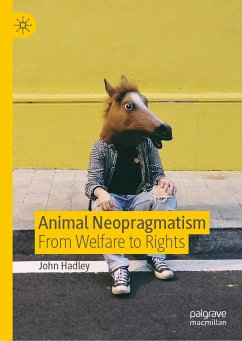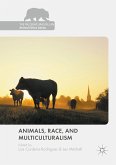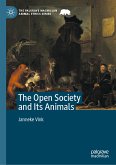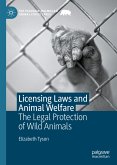This book affords a neopragmatic theory of animal ethics, taking its lead from American Pragmatism to place language at the centre of philosophical analysis. Following a method traceable to Dewey, Wittgenstein and Rorty, Hadley argues that many enduring puzzles about human interactions with animals can be 'dissolved' by understanding why people use terms like dignity, respect, naturalness, and inherent value. Hadley shifts the debate about animal welfare and rights from its current focus upon contentious claims about value and animal mindedness, to the vocabulary people use to express their concern for the suffering and lives of animals. With its emphasis on public concern for animals, animal neopragmatism is a uniquely progressive and democratic theory of animal ethics.
Dieser Download kann aus rechtlichen Gründen nur mit Rechnungsadresse in A, B, BG, CY, CZ, D, DK, EW, E, FIN, F, GR, HR, H, IRL, I, LT, L, LR, M, NL, PL, P, R, S, SLO, SK ausgeliefert werden.









